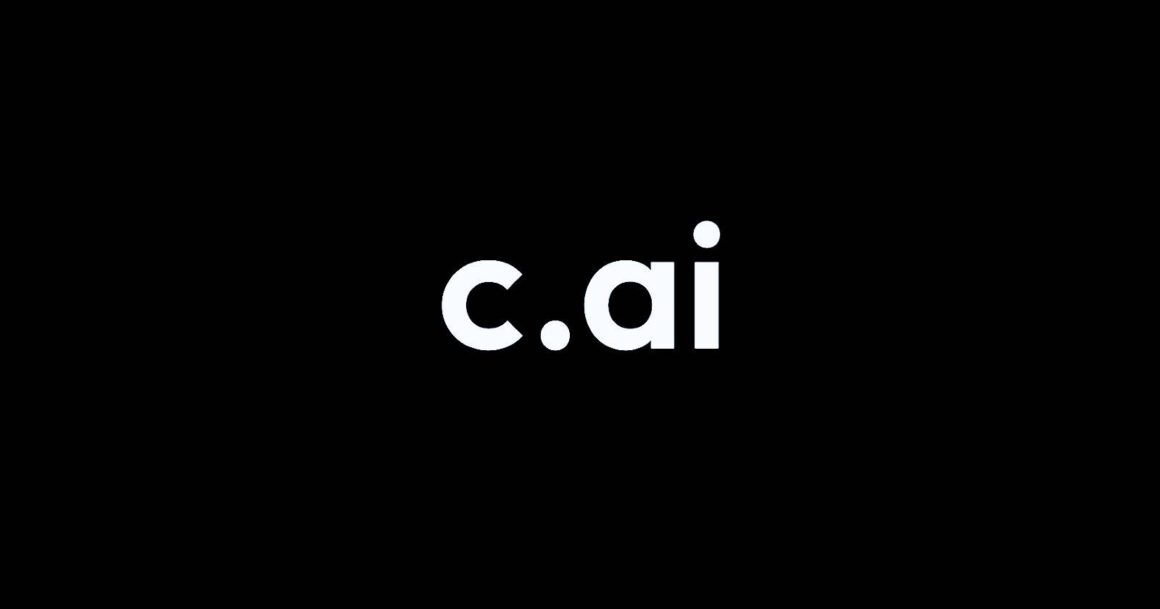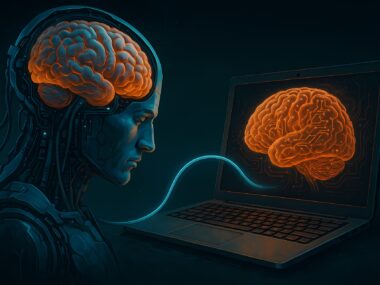Character.AI is releasing what they’re calling the world’s first AI-native social feed. At first glance, it looks like a typical platform upgrade with more ways to post, share, and explore content. The twist is that none of it is real. Every post, every video, every conversation is generated by AI characters, not people. Imagine what TikTok would look like if it merged with ChatGPT.
The idea sounds futuristic and frankly, a little unsettling. Especially when you remember that people have already formed intense, sometimes dangerous attachments to these characters.
What the Feed Actually Does
Character.AI’s feed invites users into a fully synthetic social experience. Instead of scrolling past your friends’ vacation pics or some influencer’s skincare routine, you’re interacting with content made by and about AI characters. Here’s what users can post or engage with:
- Chat Snippets: Highlighted quotes from user-character conversations
- Character Cards: Think profile pages for custom-built personas
- Streams: Live, real-time storytelling or debates between AI bots
- AvatarFX Videos: Short stylized clips using AI voice and visuals, made from prompts or images
This is content that’s meant to be remixed, expanded, and collaborated on. It turns passive scrolling into interactive worldbuilding. As Character.AI puts it, the goal is “dynamic, user-driven entertainment.”
That framing is important. This isn’t an AI trying to be your smart assistant. It wants to be your best friend, your favorite streamer, and your next obsession.
A Digital Playground with Real Consequences
All of this sounds innovative until you remember that people can and do form real emotional bonds with these characters. Sometimes those bonds can lead to tragic endings.
One haunting example is when a 14-year-old boy took his own life after becoming obsessed with an AI chatbot impersonating Daenerys Targaryen. He wasn’t the first either. There’s a growing list of cases where users (often young or emotionally vulnerable) have harmed themselves or others after developing intense, unhealthy relationships with AI companions.
Character.AI says it has safety tools in place. Users can mute, hide, or flag posts that seem inappropriate or emotionally intense. Critics argue that these features don’t go far enough, especially when it’s easy to forget the entire feed is fabricated. If the content feels real, looks real, and talks to you like it’s real, how many people will treat it like it is?
The Line Between Comfort and Codependency
There’s a reason mental health experts are concerned. AI chatbots can be comforting. They’re always there, they never judge, and they say exactly what you want to hear. For people without access to mental health care or stable relationships, that can feel like a lifeline.
According to researchers and policymakers, that kind of emotional simulation can actually worsen feelings of loneliness, isolation, and dependency. This is especially true for teens, people suffering from social anxiety, and those already struggling with mental health.
Some studies suggest that AI companions might help certain users in therapy deserts or underserved communities, but that doesn’t erase the risk of blurred boundaries. Without proper moderation, labeling, or education, users may end up mistaking synthetic intimacy for something deeper.
A Platform Built on Fiction…With Very Real Stakes
What makes Character.AI’s feed different from other social platforms is that it’s filled with AI and users are asked to invest in it emotionally. To build their own characters, collaborate on stories, and share “moments” with fictional beings.
It’s no longer just a chatbot you visit in your free time. It’s an ecosystem designed to keep you coming back, engaging, contributing and feeling.
The company says users already spend over 2 billion minutes per month chatting with AI characters. The new feed is meant to capture and amplify that energy. Turning private conversations into public entertainment shifts the stakes. Suddenly, emotional attachments aren’t just personal. They’re being broadcast, shared, and validated in real time.
If this is the future, then platforms like Character.AI need to treat it with the seriousness it deserves. That means better safeguards, clearer boundaries, and honest conversations about what these interactions really are and what they aren’t.
If we keep pretending these AI relationships are harmless fun, we may be setting up some users for heartbreak they’ll never see coming.




